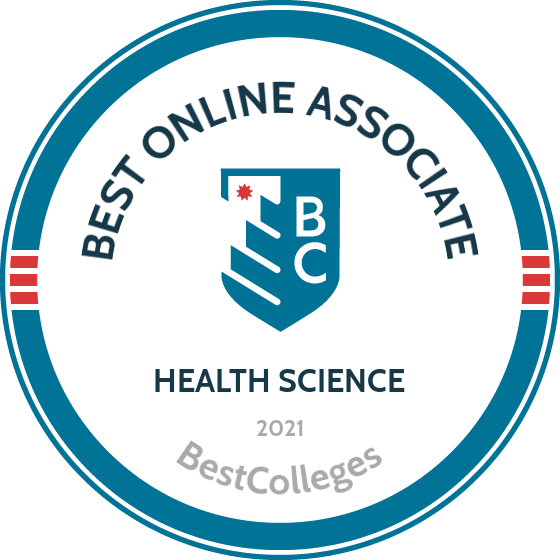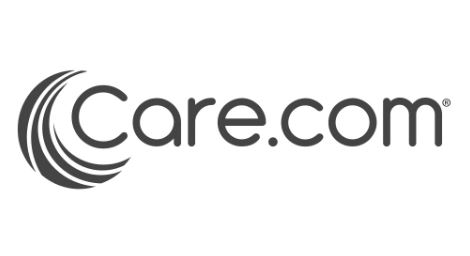
A genetics laboratory is a place where you or your family members can have genetic testing done. Genetic tests are available for both adults and children. They can save lives and be lifesaving for family members or children. You will be informed about the most common genetic conditions and available treatments during your child's visit. You'll also learn where to find genetics services in the United States. This is a quick guide on how to find a genetics clinic in your locality.
Resources for parents
Parents need more resources from genetics hospitals, particularly those that cater to families with rare conditions. Parents face a number of emotional and psychological challenges during their child's illness, including anxiety, depression, and fear. For parents to be able to cope with long-term issues, it is crucial that they have access these resources. These suggestions are meant to enhance the availability of these resources. - Create tools that help parents find the information and resources they require.

Common genetic conditions
Many studies have identified infant mortality as a result of genetic disease. The total contribution of genetic diseases to infant mortality was 6 to 86%. There was also high locus heterogeneity. Trisomy 21 was the most prevalent genetic disease responsible for infant death, followed closely by spinal muscular atrophy, 22q11 deletion syndrome, and spinal muscular atrophy. Trisomy13 was the least frequent genetic cause of infant mortality. Studies excluded infants born with chromosomal abnormalities, and infants who had already died from the time they were enrolled.
The United States has many genetics clinics.
Although geographical variations in the locations of genetics clinics vary greatly, one thing is constant: these facilities are often located in academic medical centers. Telegenetics is becoming more popular as genetics services gain in importance. Telegenetics allows genetic counselors to offer their services via the internet and telephone. This increases patient satisfaction and accessibility. However, telegenetics is not a replacement for in-person genetic counseling.
Genetics clinics in the United States offer specialized services
In the United States, the specialty of medical genetics has grown exponentially over the past four decades, with the census of UWAGMC increasing tenfold since 1975. The UWAGMC census has shown a dramatic increase in the practice scope, with more than half the patients being seen within the last ten-years. UWAGMC offers seven specialty clinics. It also has an autism genetics and Turner syndrome clinic. These clinics provide expert management and education to Turner syndrome patients.

Costs of genetics evaluations and counseling
You may want to consider having your family tested for genetic disorders. The cost of counseling and genetics evaluations at omaha’s genetics hospital could be one of your largest expenses. Many insurance policies cover genetic counseling, but not all. Before you book an appointment, it's important to be aware of your options. Although genetic counseling is often free, you might have to pay full price. Here are some options for genetic counseling and testing.
FAQ
Which are the three levels of care in a health facility?
The first level is general practice clinics which provide basic medical services for patients who do not require hospital admission. They may also refer patients if needed to other providers. These include general practitioners, nurse practitioners, or midwives.
The second level includes primary care centers that offer outpatient comprehensive care including emergency treatment. These include hospitals, walk-in clinics, urgent care centers, family planning clinics, and sexual health clinics.
The third level are secondary care centers, which offer specialist services such eye surgeries, orthopedic surgery, and neurosurgery.
What is an infectious disease?
An infectious disease is caused by germs (bacteria, viruses, or parasites). Infectious diseases are spread quickly by close contact. Examples include measles, mumps, pertussis (whooping cough), rubella (German measles), chickenpox, strep throat, tuberculosis, influenza, polio, hepatitis A and B, HIV/AIDS, herpes simplex virus, syphilis, gonorrhea, and chlamydia.
What are medical systems and what do they mean?
Medical systems are designed so that people can live longer, more fulfilling lives. They ensure patients receive the best medical care, when and where they need it.
They ensure that the appropriate treatment is given at a timely manner. They also provide information that doctors need to be able to offer the best advice possible on the most appropriate treatment for each patient.
What are the different health care services?
A health care facility is one that offers healthcare services to patients. A hospital is an example. A hospital typically includes several departments like the emergency department and intensive care unit. It also has pharmacy and outpatient clinics.
What are the services of health care?
The most important thing for patients to know is that they have access to quality healthcare at any time. We are here to help, no matter if you have an emergency or need a routine check-up.
We offer many types and types of appointments. For those who live outside of our clinic, we also offer home care visits. And if you don't feel comfortable coming into our office, we'll ensure you receive prompt treatment at your local hospital.
Our team includes nurses and pharmacists as well dentists. We want to make your visit as comfortable and painless possible.
Statistics
- For the most part, that's true—over 80 percent of patients are over the age of 65. (rasmussen.edu)
- For instance, Chinese hospital charges tend toward 50% for drugs, another major percentage for equipment, and a small percentage for healthcare professional fees. (en.wikipedia.org)
- Price Increases, Aging Push Sector To 20 Percent Of Economy". (en.wikipedia.org)
- Healthcare Occupations PRINTER-FRIENDLY Employment in healthcare occupations is projected to grow 16 percent from 2020 to 2030, much faster than the average for all occupations, adding about 2.6 million new jobs. (bls.gov)
- Over the first twenty-five years of this transformation, government contributions to healthcare expenditures have dropped from 36% to 15%, with the burden of managing this decrease falling largely on patients. (en.wikipedia.org)
External Links
How To
What is the Healthcare Industry Value Chain (or Value Chain)?
The entire healthcare industry value-chain includes all activities related to providing healthcare services to patients. This includes the business processes within hospitals and clinics and the supply chains that connect them to other providers such as physicians, nurses, pharmacists, insurance companies, manufacturers, wholesalers, and distributors. This results in a continuum that starts with diagnosis and ends with discharge.
The value chain is made up of four major components:
-
Business Processes are the tasks carried out by employees throughout the entire health care delivery process. A doctor might conduct an exam, prescribe medication and send a prescription to a pharmacy. Each step must always be done quickly and accurately.
-
Supply Chains – All organizations that ensure the right supplies reach the correct people at the right times. A typical hospital has dozens of suppliers, including pharmacies, lab testing facilities, imaging centers, and even janitorial staff.
-
Networked Organizations - To coordinate these various entities, there must be some form of communication between the different parts of the system. Most hospitals have multiple departments. Each department has its own office and phone number. The central point will allow employees to get up-to-date information from any department.
-
Information Technology Systems- IT is vital in ensuring smooth business processes. Without it things would quickly fall apart. IT also allows you to integrate new technologies in the system. If doctors want to integrate electronic medical records in their workflow, they can use secure network connections.